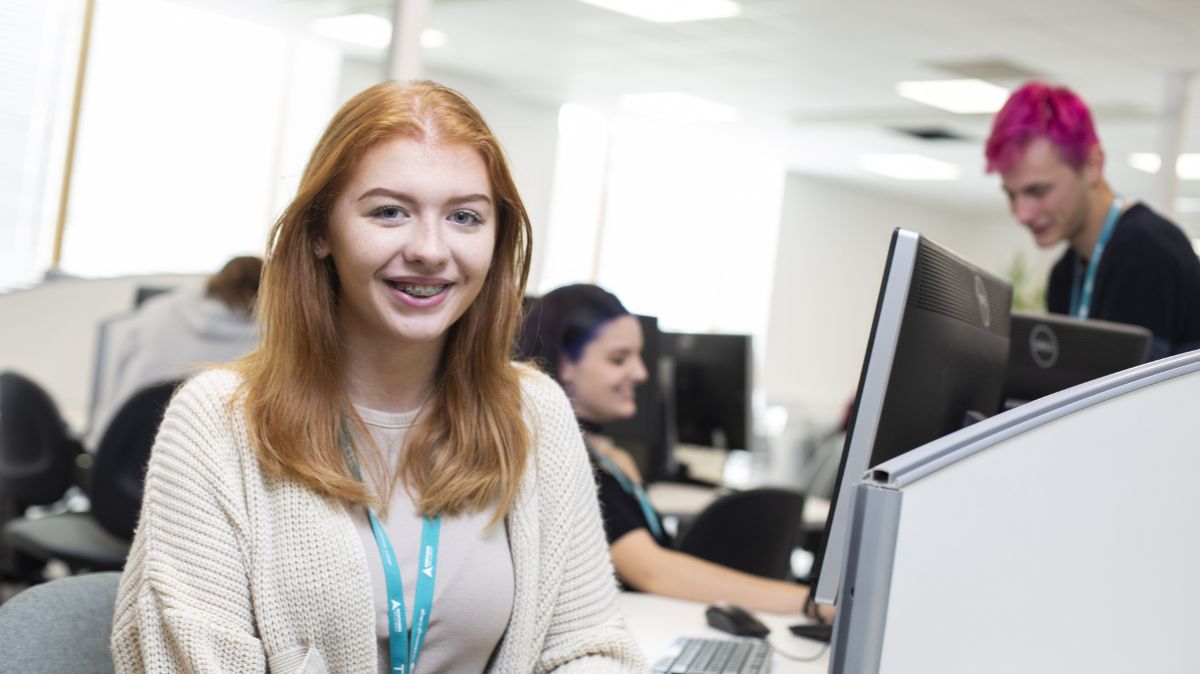Have you just left school? Thinking about studying an apprenticeship? Or are you considering a career change into a brand-new sector through an apprenticeship?
If you’re not sure how to put together your CV or prepare for an interview with a potential employer, we’ve got you covered! We’ve put together this blog to help all you secure your dream apprenticeship.
What to include on your CV:
Name and contact details
At the top of the page you should include: your full name, address, contact number and e-mail. This ensures that the recruiter or potential employer has multiple ways to contact you and reduces the chance of you missing out on the position. This may seem like an obvious one to include, but it’s important so you don’t forget it, and always double check that your details are correct and up-to-date.
Personal summary
A CV is meant to give an employer a well-rounded idea of who you are, so including a small paragraph that summarises why you are interested in the apprenticeship and what your personal career goals are is very helpful and shows that you’re thinking ahead.
Employment history and work experience
Don’t worry if you don’t have any previous experience or experience relevant to the role, there will be other things that you can mention. If you have any part-time work or volunteering experience, then you can mention the transferable skills that this experience has given you.
Education history
Here you should include all details of your education to date including secondary school and any GCSE or other qualifications you may have achieved, plus post school qualifications such as a vocational level 3 or any A Levels, also any degrees you may hold, this should be ordered from the most to least recent.
Skills and achievements
These can be any extra qualifications you have achieved outside of standard education qualifications, for example if you are part of a sports team and have received a coaching or umpiring/referee qualification. You can even list personal achievements that you feel proud of and has given you skills relevant to the position you’re applying for.
Hobbies and extra-curricular activities
Including hobbies and extra-curricular activities helps to show your potential employer that you’re a well-rounded person with a skill set developed outside of an academic or work environment. Hobbies and extra-curricular activities such as sport or scouts and guides showcase important soft skills needed in the workplace such as communication, team-work and organisation.
Made it through to the interview stage? Here’s some tips and tricks to help you through it:
Do your research
It’s important that you know your stuff in the interview, so not only should you research what your role in that company could be, but the company as a whole because this shows interest.
Practice makes perfect
If you feel like you might be nervous heading into your interview, or you’re worried you won’t know what to say, it might worth going through some practice questions with a friend or family member.
Don’t be afraid to ask questions
Asking questions at the end of an interview shows the potential employer that you’re interested and engaged. It’s also an opportunity for you to mention any relevant skills or experience that you haven’t had a chance to talk about.
Click here to view our latest apprenticeship vacancies with Northern Skills.
